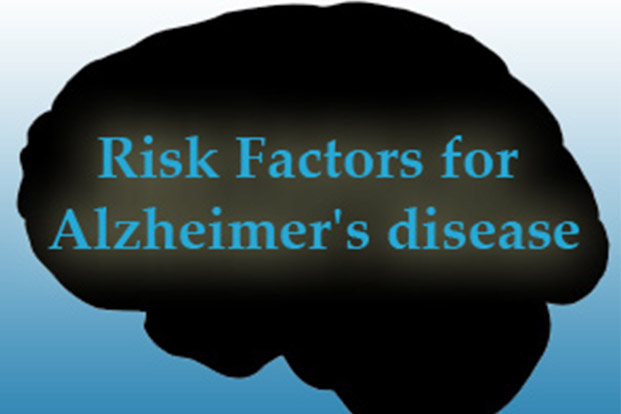Risk Factors for Alzheimer Disease
Apr 19, 2022
Alzheimer disease is most common cause of dementia. Dementia is a condition in which there is decline in cognitive abilities of sufficient severity to interfere with function during daily activities (i.e., shopping, paying bills, cooking, driving, etc.). India has a huge population with an exceptional aged population. Alzheimer’s and Dementia by 2030 is said to affect every 2 in 10 people above 60 yrs of age.
Risk Factors for Alzheimer Disease:
- Age : Increasing age is the most important risk factor. Age specific incidence rates doubled every 4.4 years after 60.
- Gender : The prevalence of AD dementia is more common in women. This in part can be explained by a longer life span in women than men.
- Hypertension: Systolic blood pressure greater than 160 mm Hg, increase risk for AD dementia later in life.
- Diabetes and Elevated Glucose: Type II diabetes is associated with increased incidence of dementia.
- Head Injury : After severe head injury, levels of Aβ 42 in the CSF decrease,& presence of the APOE4 allele may confer a higher risk of dementia after head injury.
- Other Risk Factors: Factors associated with an increased risk of AD include smoking , cerebrovascular disease, anemia and obesity.

Genetic causes- Amyloid Precursor Protein (APP) Chromosome 2, Presenilin 1&2 (PSEN1&2), Apolipoprotein E4(APOE4)
Protective Factors of Alzheimer’s Disease are:
- Higher education, extracurricular activity, exercise.
- Diet: intake of unsaturated, unhydrogenated fats, limited alcohol consumption.
Diagnosis & Investigations for Alzheimer’s Disease
Diagnostic Criteria
Abnormal cognitive decline which is gradual and progressive and which impair activity of daily living . Impairment in various function like memory, language, calculation, visuospatial, executive function etc. Plus Positive biomarker for Aβ and MRI or FDG-PET or tau showing lobar changes.
Investigations
A) CSF study
- Reduction in the CSF Aβ 42
- Elevation in CSF Tau protein
B) Neuroimaging Biomarkers
- CT or MRI : MRI is more informative. Medial temporal lobe atrophy of the hippocampus and entorhinal cortex with concomitant dilatation of the temporal horns.
- Functional Imaging: SPECT and FDG PET. Decreased blood flow in temporoperietal region in SPECT and hypometabolism on PET study is suggestive of Alzheimer disease.
- Amyloid Imaging : Pittsburgh Compound B (PiB) has allowed measurement of amyloid .The deposition of amyloid occurs primarily in the frontal and temporal-parietal regions








